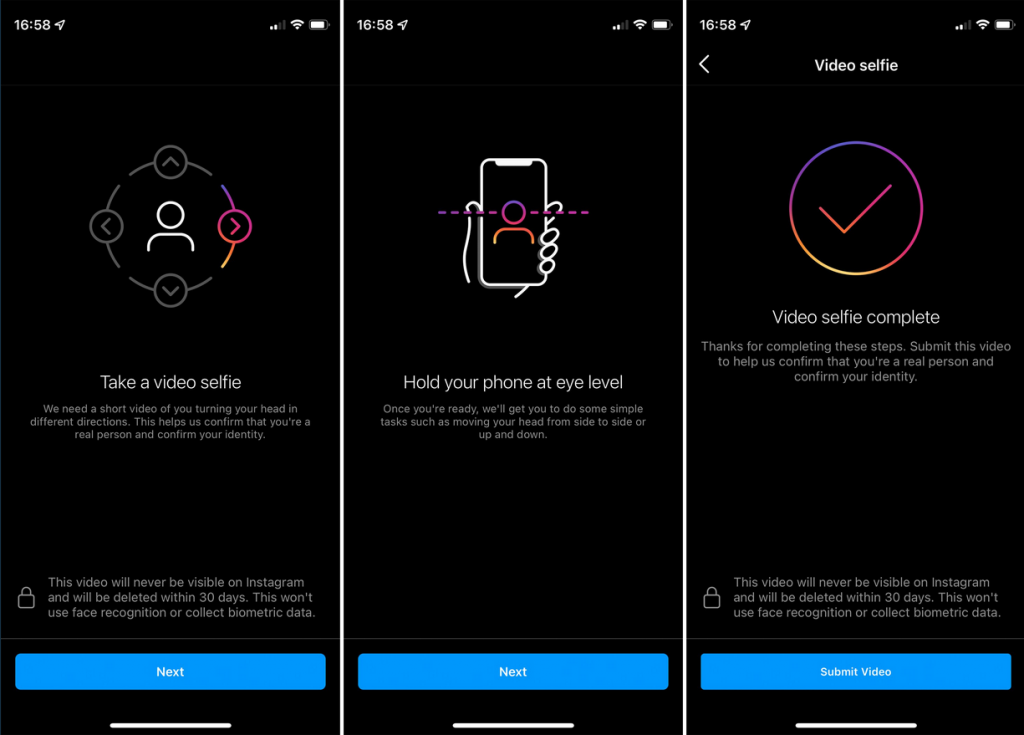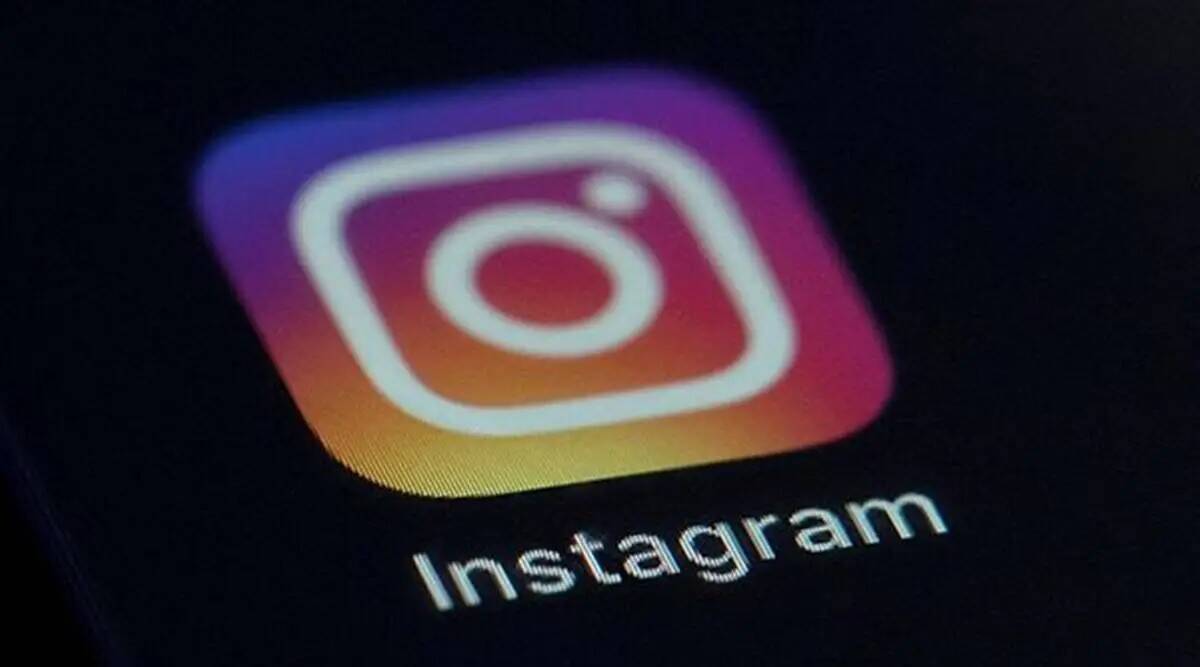According to screenshots shared on Twitter by social media strategist Matt Navarra, Instagram requests that some users submit video selfies displaying different angles of their face to authenticate that they are a real person.
The social network has long suffered from bot accounts, which may send spam messages, harass users, or boost like or follower counts artificially. In a follow-up tweet, Instagram, which Meta (Facebook) owns, stated that it is requesting suspicious accounts to verify they are people, not bots.
According to XDA Developers, the business began testing the functionality last year but could not complete the test due to technical difficulties. Numerous users have reported being prompted to record a video selfie to validate their current accounts.

Another Twitter user, Bettina Makalintal, shared a screenshot of the help screen for the step where you take the video selfie — it reiterates that it’s looking at “all angles of your face” to verify your identity and demonstrates that the verification screen is displaying for multiple people.
I attempted multiple times to create a shady Instagram account but was never offered the video challenge.
Instagram announced on Twitter that accounts exhibiting suspicious activity (such as rapidly following many profiles) might be prompted to record video selfies.
Additionally, the firm maintained that the tool does not employ facial recognition and that videos are reviewed by Instagram staff.
The move may come as a surprise to some, given Meta’s recent revelation that it would be discontinuing one of its Face Recognition capabilities.
As the business has now clarified, it was simply removing a specific Facebook function, not Meta’s overall usage of facial recognition. Nonetheless, Instagram’s message is that the video selfie feature will not employ face recognition and that the footage will be automatically erased after 30 days.
Meta’s assurance that the data will not be stored or shared may not convince those users who are already suspicious of Meta / Facebook.
People may recall when an Instagram issue allowed attackers to acquire users’ ostensibly private birthday information (which would soon be necessary to use the service) with only a DM.
Of course, Instagram has not committed to removing the birthdate information in the same way it has pledged to do with the video selfie. Still, it’s hard to blame anyone (particularly children or those seeking anonymity) for feeling uneasy about submitting such data.

